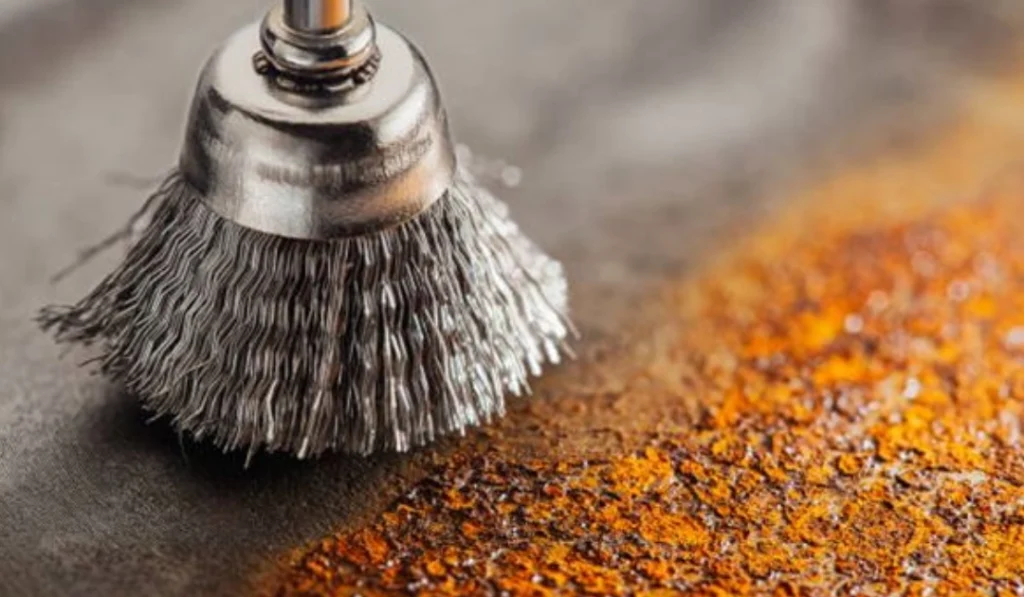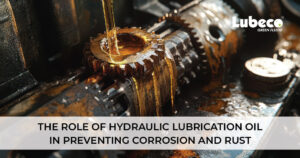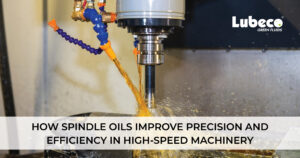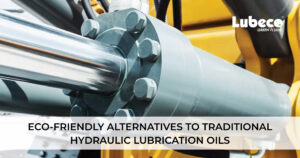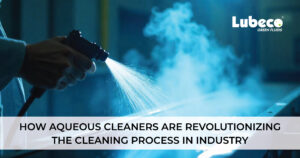Introduction:
In the world of engines, rust is an adversary that can compromise not only the aesthetics but also the performance and longevity of your vehicle`s vital components. Rust formation is a constant battle, and knowing the right rust removal method is essential to ensure your engine’s health. In this blog, we delve deeply into the realm of rust removal, comparing the efficacy, advantages, and considerations of chemical, mechanical, and natural methods.
Chemical Rust Removers:
Chemical rust removers are formulated with rust-dissolving agents that react chemically to dissolve rust, making them effective for addressing both surface rust and more stubborn corrosion. Here’s an in-depth look at this method:
- Effectiveness and Penetration: Chemical rust removers excel in penetrating rust layers, effectively breaking down rust and converting it into a water-soluble compound that can be easily rinsed off.
- Ease of Application: These products are user-friendly, often requiring minimal manual scrubbing or agitation. Application typically involves brushing or spraying the solution onto the rusted area, waiting for a specified time, and then rinsing off the residue.
- Material Compatibility: While effective, certain chemical rust removers can be corrosive to specific materials. It’s crucial to select a product that is safe for your engine’s components and finishes to prevent unintended damage.
Mechanical Rust Removal:
Mechanical rust removal involves physically scrubbing, sanding, or grinding the rusted area to eliminate rust and restore the surface. Here’s a detailed examination of this method:
- Precision and Control: Mechanical methods offer precise control over the rust removal process. Technicians can target specific areas and adjust the intensity of the removal based on the severity of rust.
- Labor-Intensive Approach: While offering precision, mechanical rust removal can be labor-intensive and time-consuming. However, it’s particularly advantageous for intricate or hard-to-reach areas.
- Surface Preparation: After rust removal, thorough cleaning and protection are essential to prevent further corrosion. Applying a rust inhibitor or protective coating will safeguard the exposed metal.
Natural Rust Removal Methods:
Natural rust removal relies on common household items or naturally occurring substances to loosen or dissolve rust. Here’s an in-depth look at this environmentally-friendly method:
- Eco-Friendly Solution:Natural rust removal methods are eco-friendly alternatives. Items like vinegar, lemon juice, or baking soda can be effective in removing light surface rust.
- Limited Effectiveness: Natural methods are most suitable for mild surface rust. They may not yield significant results against deeper or more stubborn corrosion.
- Time and Patience: Achieving results with natural methods often requires extended soaking times or repeated applications. Patience is a virtue when utilizing this approach.
Choosing the Right Method:
Selecting the optimal rust removal method depends on the extent of rust, the nature of the engine components, and your comfort level with the chosen approach. For proactive rust prevention and maintenance, consider integrating rust-inhibiting engine oil into your routine. This premium oil offers advanced protection against rust and corrosion, extending the life and efficiency of your engine.
Conclusion:
Caring for your engine involves not only regular maintenance but also proactive rust prevention and removal. Chemical rust removers offer efficiency, mechanical methods provide precision, and natural solutions present an eco-friendly choice. When making your decision, take into account your engine’s specific needs and your preferences. Remember, combining the right rust removal method with quality engine care products like those from [Your Engine Oil Brand] will ensure that your engine runs smoothly and efficiently for years to come, ready to conquer the road ahead.

